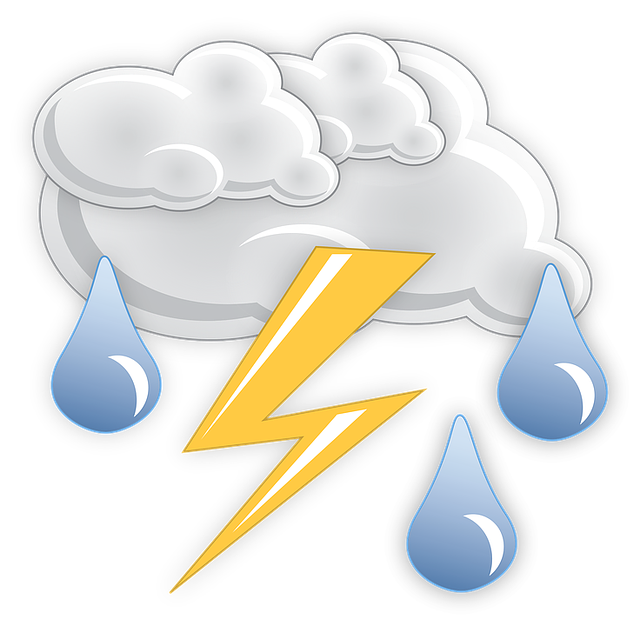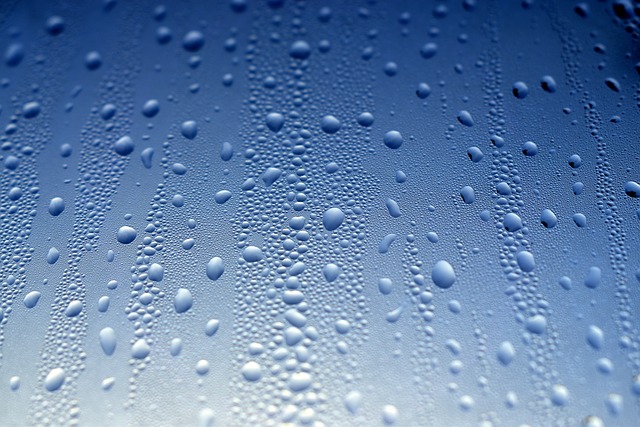Rainwater infiltration in cold-weather plumbing is a critical issue exacerbated by heavy rainfall, fluctuating temperatures, and rising humidity. These factors contribute to long-term problems like pipe corrosion, leaks, and clogs. Seasonal maintenance, including regular inspections and repairs, prevents these issues by addressing rainwater entry points and ensuring proper drainage systems, thereby protecting basement plumbing from temperature swings and humidity's detrimental effects. Proactive measures are essential in regions with distinct seasonal changes to safeguard plumbing systems from costly damage.
Rainwater infiltration into basements can cause significant damage, from pipe corrosion to mold growth. Understanding this common issue and its triggers is key to preserving your home’s plumbing. This article delves into the factors exacerbating basement plumbing problems during cold weather, heavy rainfall, and fluctuating temperatures. Learn about humidity’s silent threat and discover essential seasonal maintenance tips for protecting your pipes from these hidden dangers, ensuring a dry and safe basement environment.
- Understanding Rainwater Infiltration: A Common Basement Plumbing Issue
- The Role of Cold Weather in Exacerbating Damage
- Heavy Rainfall Impact: When Water Meets Weak Points
- Temperature Fluctuations and Their Hidden Effects on Pipes
- Humidity's Silent Threat to Basement Plumbing Systems
- Seasonal Maintenance: Preparing for Wetter Seasons Ahead
Understanding Rainwater Infiltration: A Common Basement Plumbing Issue
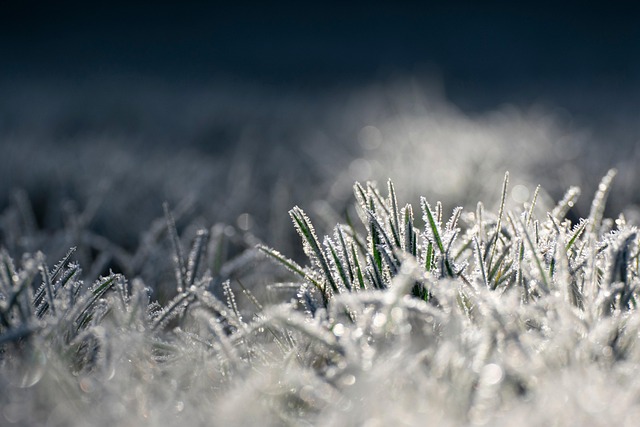
Rainwater infiltration is a common yet often overlooked issue that can significantly impact basement plumbing, especially during ?cold weather plumbing seasons with heavy rainfall. As temperatures fluctuate and humidity levels rise, water seeping through cracks and seams in your home’s foundation can lead to serious plumbing problems. Over time, this water can cause pipes to corrode, leading to leaks or clogs that require immediate attention from a professional plumber.
Seasonal maintenance plays a crucial role in mitigating these effects. Regular inspections and repairs during periods of heavy rainfall can prevent small issues from escalating. By addressing potential entry points for rainwater and ensuring proper drainage systems are in place, homeowners can protect their basement plumbing from the adverse ?cold weather plumbing impacts of temperature fluctuations and humidity effects.
The Role of Cold Weather in Exacerbating Damage
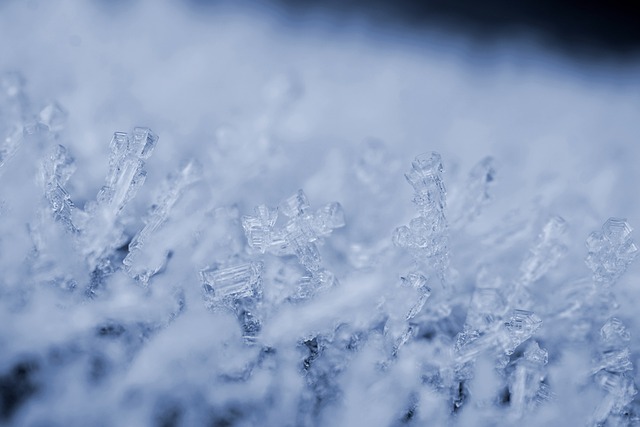
Cold weather plays a significant role in exacerbating damage caused by rainwater infiltration to basement plumbing systems. During winter months, temperature fluctuations can significantly impact pipes, leading to problems such as freezing and bursting. Heavy rainfall, coupled with higher humidity levels typical of cold seasons, accelerates corrosion in metal pipes, further compromising their integrity. This is especially true for older plumbing systems that may not have been designed to withstand harsh weather conditions.
Seasonal maintenance becomes crucial in mitigating these issues. Regular inspection and insulation of pipes can prevent freezing and reduce the risk of burst pipes. Additionally, addressing any signs of corrosion promptly can save costly repairs later. By understanding the interplay between cold weather, heavy rainfall, and humidity effects, homeowners and property managers can implement effective strategies to protect their basement plumbing from the impact of ?cold weather plumbing and seasonal changes.
Heavy Rainfall Impact: When Water Meets Weak Points
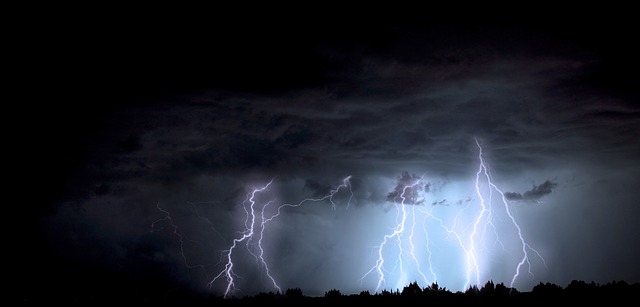
During heavy rainfall events, the increased water volume and pressure can significantly impact basement plumbing systems, especially in regions with cold weather. As rain enters through cracks, joints, or other weak points in the foundation walls and ceiling, it can cause a cascade of issues. The sudden influx of water may overwhelm the drainage system, leading to flooding and potential damage to pipes, appliances, and finishes within the basement.
Temperature fluctuations and high humidity levels associated with rainfall further exacerbate the problem. Cold weather plumbing is particularly vulnerable to pipe corrosion over time, as water seepage can introduce moisture into insulation and cause condensation. This can weaken joints and accelerate pipe deterioration, creating additional entry points for rainwater. Seasonal maintenance plays a crucial role in preventing these issues; regular inspections and sealing of potential entry points can help mitigate the heavy rainfall impact on basement plumbing.
Temperature Fluctuations and Their Hidden Effects on Pipes

Rainwater infiltration, often exacerbated by heavy rainfall and ?cold weather plumbing conditions, can lead to significant issues for basement plumbing. One often overlooked aspect is the impact of temperature fluctuations on pipes. As water enters the plumbing system, it encounters varying temperatures along its journey, especially when there are bursts of intense ?heavy rainfall impact and sudden cold spells. This rapid temperature change causes the water to expand or contract, putting immense pressure on the pipes. Over time, these cycles can weaken joints, seals, and connections, leading to leaks.
The resulting humidity effects can accelerate pipe corrosion, particularly in metal pipes. In seasonal areas with distinct cold weather plumbing seasons, inadequate seasonal maintenance may leave pipes vulnerable during the warmer months when expansion occurs. This hidden damage can go unnoticed until more severe problems arise, such as burst pipes or chronic leaks. Regular inspection and proper sealing of joints are crucial to mitigate these ?temperature fluctuations and their hidden effects on pipes, ensuring a more efficient and durable plumbing system.
Humidity's Silent Threat to Basement Plumbing Systems
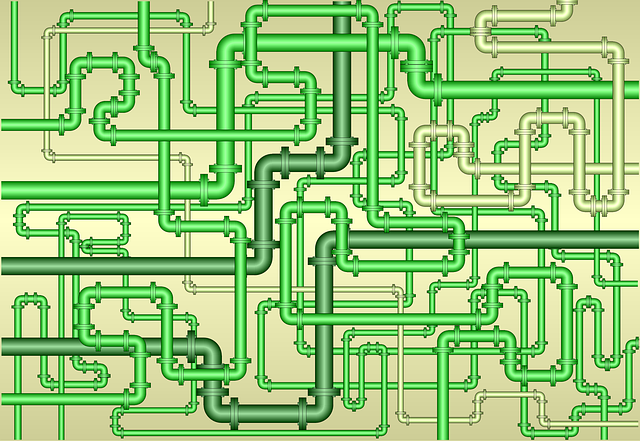
In colder climates, where temperature fluctuations are more pronounced and heavy rainfall is common during specific seasons, the impact on basement plumbing systems can be significant. While many homeowners focus on structural integrity and water entry as primary concerns, humidity’s silent threat often goes unnoticed until it manifests as pipe corrosion or more severe damage. Humidity thrives in warm, moist environments, which are exactly what basements provide, especially when combined with limited ventilation. Over time, this humidity accelerates the corrosion process, weakening pipes and fittings, and potentially leading to costly leaks.
Seasonal maintenance plays a crucial role in mitigating these effects of heavy rainfall and temperature swings on ?cold weather plumbing. Regular inspections and adjustments to basement ventilation systems can help control humidity levels. Additionally, using moisture barriers and insulating pipes can provide further protection against corrosion. By addressing these issues proactively, homeowners can ensure the longevity of their basement plumbing systems, avoiding costly repairs or replacements down the line.
Seasonal Maintenance: Preparing for Wetter Seasons Ahead
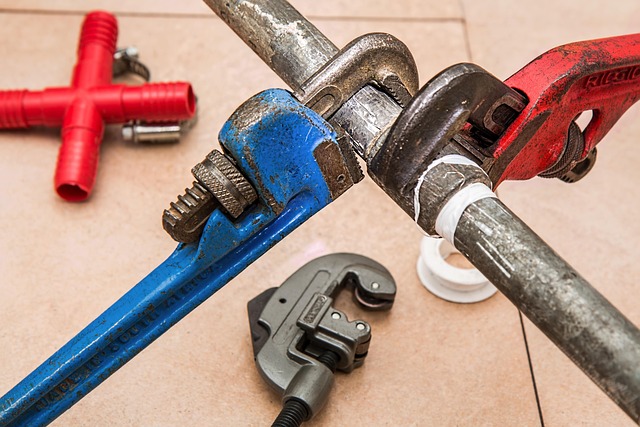
As the seasons change, so does the weather’s impact on your home’s plumbing, particularly in areas prone to heavy rainfall. Seasonal maintenance is an essential practice to prepare for wetter seasons ahead, especially when it comes to basement plumbing. With increasing temperature fluctuations and higher humidity levels during warmer months, pipes can expand and contract, leading to potential cracks or leaks. These issues are further exacerbated by the cold weather plumbing challenges that follow, where frozen pipes become a common problem.
Regular checks and maintenance during these transitional periods are crucial. Homeowners should inspect their basement’s plumbing for any signs of damage or wear, focusing on areas exposed to direct contact with soil and water. Preventive measures such as insulating pipes against extreme cold weather plumbing conditions can significantly reduce the risk of corrosion and leaks. Additionally, ensuring proper drainage systems in place helps mitigate the effects of heavy rainfall, preventing excess water from infiltrating and overwhelming your basement’s plumbing system.
